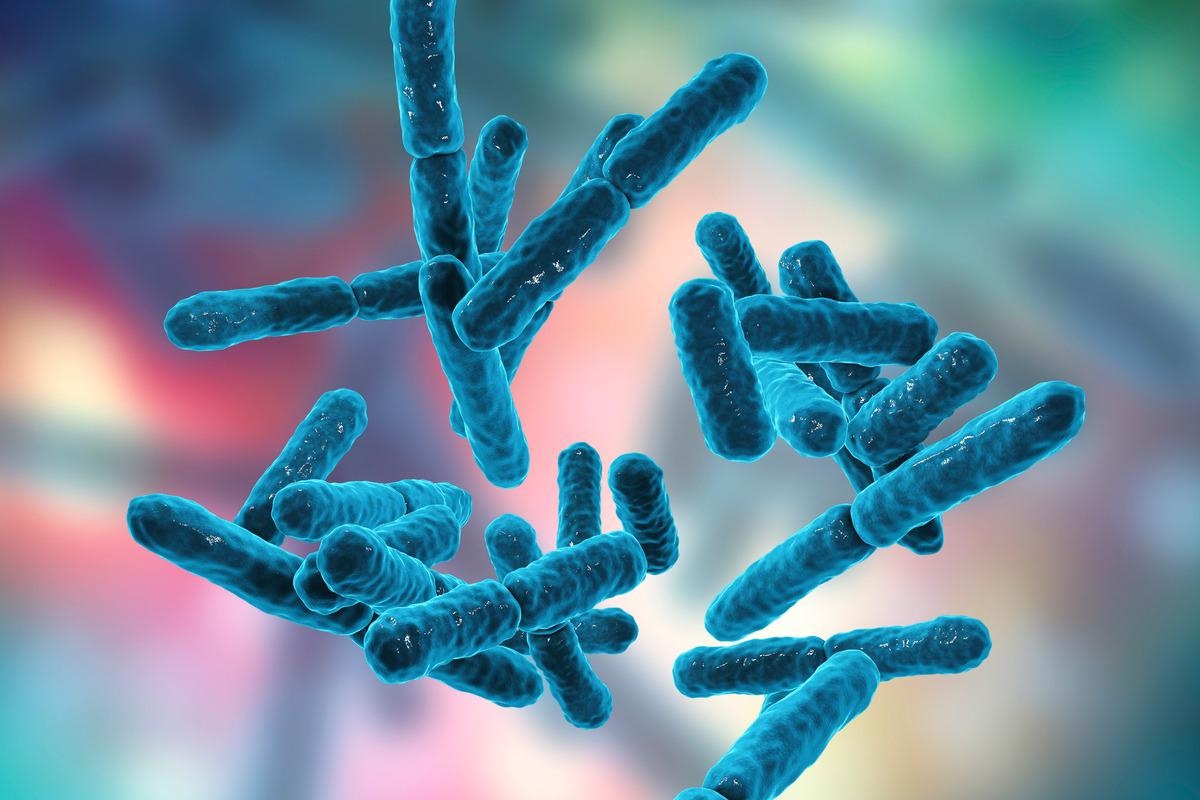Reviewed by Danielle Ellis, B.Sc.Jun 13 2022
A new study presented at ENDO 2022, the Endocrine Society’s annual meeting in Atlanta, Ga., suggests that probiotic bacteria may improve the anti-cancer actions of the breast cancer drug tamoxifen as well as other endocrine-targeted therapies, potentially lowering the risk of estrogen receptive positive (ER+) breast cancer.

Image Credit: Kateryna Kon/Shutterstock.com
While the bulk of bacteria in the body is found in the intestines, bacteria have been found in other body parts, including the breast. Bacteria are one type of microbe found in the breast microbiome, which is made up of bacteria, fungi, viruses, and their genes. According to senior researcher Katherine L. Cook, PhD of Wake Forest University School of Medicine in Winston-Salem, N.C., breast tissue has a specific microbiome that varies in the presence of tumors or diet.
Tamoxifen is a drug used to prevent the recurrence of ER+ breast cancer in women. If a breast cancer possesses estrogen receptors, it is called ER+. This shows that cancer cells, like normal breast cells, might receive estrogen-related signals instructing cells to develop.
Tamoxifen is also used to lower the risk of breast cancer in women who have not been diagnosed but are at higher-than-average risk. Tamoxifen belongs to the endocrine-targeted therapy family of drugs. Aromatase inhibitors and Faslodex are other examples of such drugs.
The new research was divided into three sections. For three months, a preclinical mouse model was given a healthy diet or a Western diet and was given tamoxifen. After that, researchers looked at bacteria in breast tissue. Lactobacillus levels were reported to be higher in the tamoxifen-treated mice. Lactobacillus belongs to the gram-positive bacteria family. It is best recognized for its anti-inflammatory and probiotic properties.
The researchers next administered Lactobacillus into the mammary glands of mice that grow breast tumors naturally and discovered that Lactobacillus-treated mice had fewer breast tumors.
This shows that increased Lactobacillus in breast tissue decreases breast cancer risk. It suggests a potential role for Lactobacillus and other bacterial species to enhance patients’ response to treatment and to reduce breast cancer risk."
Katherine L. Cook, PhD, Study Lead Researcher, School of Medicine, Wake Forest University
Researchers examined a large animal model in which eggs were removed to simulate menopause and participants were administered tamoxifen for 2.5 years in the second half of the trial. Lactobacillus was identified in abundance in the researchers’ breast tissue as well.
The researchers analyzed tissue from ER+ breast cancers from women who had been treated with one or two endocrine-targeted treatments, aromatase inhibitors, or Faslodex in the neoadjuvant setting. The tumors were evaluated after their breast cancer surgery. Cancer cell growth was reduced in women who had high numbers of Gram-positive bacteria in their tumors.
Taken together, our new research suggests that probiotic bacteria may enhance anti-cancer activities of tamoxifen and other endocrine-targeted therapies to reduce ER+ breast cancer risk."
Katherine L. Cook, PhD, Study Lead Researcher, School of Medicine, Wake Forest University